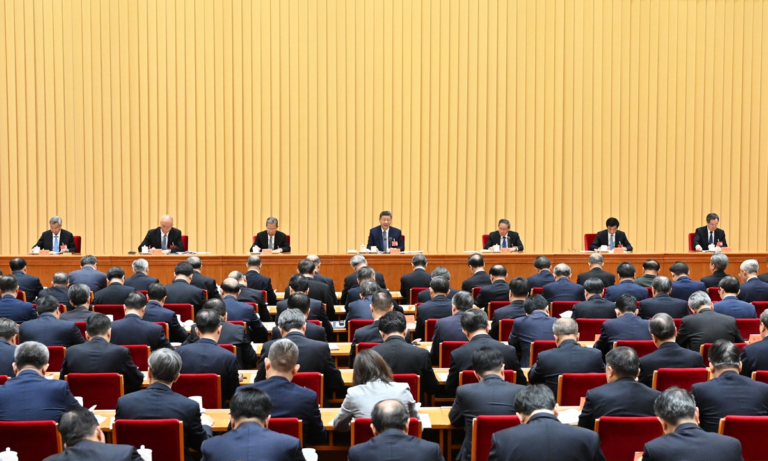
Elon Musk’s ventures and actions often challenge traditional systems, including aspects of government and regulation. Through companies like SpaceX, Tesla, and Neuralink, Musk has pushed boundaries in industries heavily influenced by governmental policies. In some cases, he works within existing frameworks, collaborating with agencies like NASA, but in others, he disrupts norms, advocating for deregulation or bypassing traditional processes.
His approach raises questions about whether he’s remaking government by driving innovation and forcing adaptation to new technologies, or breaking it by challenging authority and ignoring conventional rules. For example, the development of Starlink has implications for global communication that bypass national telecom regulations, and his acquisition of Twitter brought debates about free speech and content moderation into the spotlight.
While Musk’s actions can accelerate progress and highlight inefficiencies in government systems, critics argue that his methods often prioritize personal or corporate interests, potentially undermining public accountability. Whether he’s remaking or breaking government may depend on perspective, but one thing is clear: Musk is reshaping the interaction between private enterprise and public governance.
Elon Musk’s influence on governance is complex—he’s neither fully “remaking” nor outright “breaking” government, but he is certainly disrupting traditional models in several ways. Here’s a breakdown of his impact:
1. Challenging Traditional Government Roles
- Space & Infrastructure (SpaceX): By privatizing space exploration and satellite internet (Starlink), Musk has taken on roles traditionally reserved for governments (NASA, military communications). This forces governments to adapt, either by partnering (e.g., NASA contracts) or competing.
- Transportation (Tesla, The Boring Company): His push for EVs and tunneling tech pressures cities and regulators to rethink urban planning and emissions policies.
2. Undermining Government Authority
- Starlink in Ukraine & Geopolitics: Musk’s unilateral decisions on Starlink access during the Ukraine war raised questions about private control of critical infrastructure. His ability to influence conflict dynamics alarmed governments about corporate overreach.
- Free Speech & Platform Governance (X/Twitter): His takeover of Twitter and hands-off moderation approach clashed with governments’ attempts to regulate misinformation, hate speech, and election integrity—leading to legal battles in the EU and elsewhere.
3. Bypassing Government Entirely
- X as a “Everything App” Vision: Musk’s ambition to turn X into a WeChat-like platform (payments, ID, communications) could create parallel systems outside government oversight, potentially weakening state control over finance or public discourse.
- Neuralink & AI (xAI): His ventures into brain-computer interfaces and AI could outpace regulatory frameworks, forcing governments to scramble to keep up.
4. Political Polarization & Influence
- Musk’s vocal political stances (anti-woke rhetoric, endorsing right-leaning candidates) and his platform’s algorithmic shifts have amplified partisan divisions, indirectly affecting governance stability in democracies.
Is He Remaking or Breaking?
- Remaking? Yes, in the sense that he’s forcing governments to evolve, privatizing functions they’ve mismanaged, and proving alternatives exist (e.g., SpaceX’s cost efficiency vs. NASA’s bureaucracy).
- Breaking? Also yes, when his actions destabilize norms (e.g., erratic Twitter policies, ad-hoc geopolitics) or concentrate too much power in one unelected individual.
The Bottom Line
Musk is exposing government inefficiencies and creating new models, but his lack of accountability and disdain for regulation risks creating chaotic power vacuums. Whether this leads to better systems or dysfunctional fragmentation depends on how governments respond—and whether Musk’s ventures remain forces of innovation or become unchecked monopolies.





